Text
If your plot feels flat, STUDY it! Your story might be lacking...
Stakes - What would happen if the protagonist failed? Would it really be such a bad thing if it happened?
Thematic relevance - Do the events of the story speak to a greater emotional or moral message? Is the conflict resolved in a way that befits the theme?
Urgency - How much time does the protagonist have to complete their goal? Are there multiple factors complicating the situation?
Drive - What motivates the protagonist? Are they an active player in the story, or are they repeatedly getting pushed around by external forces? Could you swap them out for a different character with no impact on the plot? On the flip side, do the other characters have sensible motivations of their own?
Yield - Is there foreshadowing? Do the protagonist's choices have unforeseen consequences down the road? Do they use knowledge or clues from the beginning, to help them in the end? Do they learn things about the other characters that weren't immediately obvious?
#on writing#writing#hm need to do with the Treasures of Yetenek story#and yes thats the name of the story now
84K notes
·
View notes
Text
I remember my dad telling me, to some affect, that having children is like being immortal. If by blood they'll carry my parents, and their parents and their parent's parents -- even if you forget them, they are still with you. If not by blood, then the mannerisms and quirks that I have will be their quirks and mannerisms like the way they cross their arms or the way they fold their legs will pass down to any children they have.
2 notes
·
View notes
Text
Having your own OC as your Blorbo is great because you will never have to see a bad Fannon brainrot take or awful but inexplicably popular ship involving them, but also I Have To Do Everything Myself Around Here Augh
793 notes
·
View notes
Text
I always think it's really weird how so many Christians seem to operate as if men and women are incapable of just being friends without things getting weird.
Then I am reminded how aggressively single and downright creepy a lot of guys are. The sheer number of female friends and acquaintances I've talked with over the years who have horror stories of terrible experiences with men attests to that fact.
And then I remember how a lot of western culture places a disproportionate focus and value on romantic relationships over friendships, and how common that sentiment is reflected in our media.
And then I remember how when I was younger it was legit just an expectation for friendships between guys and girls to develop romantic feelings. How I was teased by my own family about female friends, as if the adults around me knew my feelings better than I did. How confused I became as a result. How this constant treatment led to me ruining many friendships unnecessarily in my formative years because I could no longer differentiate romantic love from platonic love, and how common that experience seems to be for both men and women alike.
And then I think... Yeah, I guess it makes sense so many Christians assume men and women can't just be friends. It begins with perfectly valid concerns - usually about avoiding sexual immorality and heartbreak. Then it spirals into pessimism and perpetuates itself as a self-fulfilling prophecy.
All that being said, I really think it would benefit the church as a whole - especially western Christians - to stop fixating on romance so much and at least TRY to learn how to be friends with the opposite sex. Yes, we are still subject to human nature, and yes, we should still be establishing and enforcing boundaries, being wise with our company and the situations we put ourselves in, etc - but we should at least be capable of talking with one another and working together without feeling the need to scope out a mate and flirt. That sort of behavior makes sense for the unregenerate, but I truly think that Christians should expect better of themselves and each other.
Christian men and women can't function at their fullest together as the body of Christ when we're treating romance as the pinnacle of love. Learn to first love each other as Christ loves us and friendship with the opposite sex will be a lot easier.
261 notes
·
View notes
Text
I don't think anyone really knows what it's meant to feel like to be human, and I think that's part of the reason why we keep telling the story of becoming human all the way through our history.
580 notes
·
View notes
Text
There's 5 things a Christian loves to see in a story: unconditional love, self-sacrifice, and of course, the 3 r's, redemption, reconciliation, and resurrection.
504 notes
·
View notes
Text
I found this youtube comment and honestly,,,, true

101K notes
·
View notes
Text
Power Signalling
Kneeling. (It’s not popular for no reason.) Ordered to kneel as punishment or as a show of deference. Shoved physically to the ground by hands on their shoulders, maybe a kick to the back of the knee. Picking themself up off the ground but only getting as far as hands and knees. Crawling because they haven’t got the strength to stand any more. Dropping to their knees from exhaustion, or despair.
Personal space. Casually invading it. Uninvited touch - from the deeply creepy to something as simple as a firm hand on the shoulder. Standing too close - especially if taller or otherwise physically stronger. Conversely, hurrying to get out of someone’s way.
Eye contact. Staring someone down. Who is first to look away? Averting eyes for one’s social superiors. Insisting that someone maintain eye contact while you’re talking to them. Insisting that someone never look you in the eye. Trying to de-escalate by avoiding eye contact. Singling someone out just by looking at them. Too frightened or ashamed to look someone in the eye.
More generally, attention. The room falls quiet when they walk in. Who cuts in, and who gets talked over. Ignoring those who are beneath your attention. The excited attention given to the object of respect and idolisation. The careful, wary focus given to a potential threat. Deliberately attending to something else to appear less threatening. Deliberately burying oneself in something else to avoid attracting unwanted attention.
Codified status behaviours. Bowing to one’s superiors. Bonus points if there are differentiated kinds of bowing for different status differentials. Soldiers coming to attention when a superior officer comes in. Saluting. Who greets whom first? Serving food in a particular order. Standing up when a respected person enters the room.
Non-verbal threats. Just resting a hand on a weapon, or perhaps even just near a weapon. Cracking knuckles or rolling shoulders. Clenched fists. The little come-get-some-then lift of the chin. Stepping from a conversational stance into one that’s balanced for fight or flight. Pointing a weapon at someone. Casually brushing aside a weapon.
Conversely, de-escalation and surrender. Open hands, spread in front of them. Hands above head. (Raised slowly, transitioning from the simple woah-calm-down gesture to full on surrender as the situation gets tenser.) Going still. Slow, careful movements being sure to keep hands where they can be seen. Laying down weapons. Hands on head. Getting down on the floor. Deliberately making oneself vulnerable to prove non-hostile (or non-resisting) intent.
Alternately, deliberately showing “vulnerability” to demonstrate how little of a threat you consider the other person. The slouch of villainy. Casually putting weapons away or turning one’s back, confident that they won’t do anything. Open posture, casual, relaxed in the face of apparent danger.
Signs of fear. Flinching. Trembling. Closed, defensive posture. Tension. Backing away. Fidgeting. Lip-biting. Arms hugged close to chest. Or refusing to lower defences. Checking for escape routes. Trying to insist that they don’t come any closer.
Offers of or requests for help. Extending a hand to help someone up off the ground. Reaching out a hand in a silent plea. Do they have to ask for help? Are they willing to accept it? Do they get a choice? Who has plenty and who has to rely on the other’s goodwill? Picking someone up off the ground. Carrying them. (Dropping them?) Adjusting someone’s clothes. Withholding aid.
8K notes
·
View notes
Text
So sick of having a darkened intellect, weakened will, and disordered passions.
662 notes
·
View notes
Text
Don’t tell your daughter that when a boy is mean or rude to her it’s because he has a crush on her. Don’t teach her that abuse is a sign of love.
1M notes
·
View notes
Text

HE REPENTED FOR HIS PAST CRIMES AGAINST THE CHURCH AND GUIDED MANY COMMUNITIES TO STAY TRUE TO THE TEACHINGS OF THE LORD IS WHAT HE DID. HE IS A SAINT, AND IN THIS HOUSE PAUL IS TO BE RESPECTED. END OF STORY
116 notes
·
View notes
Photo
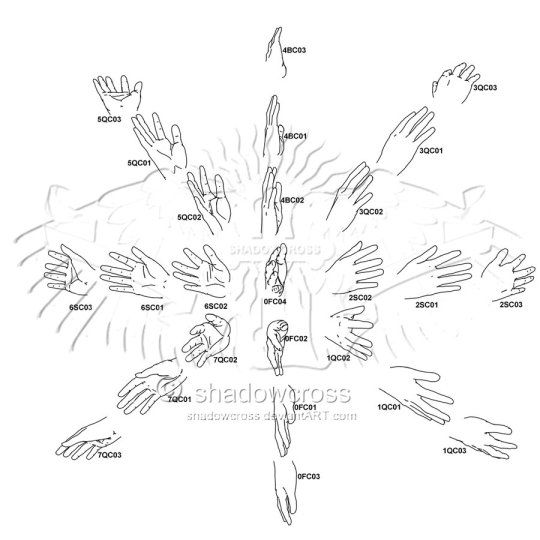
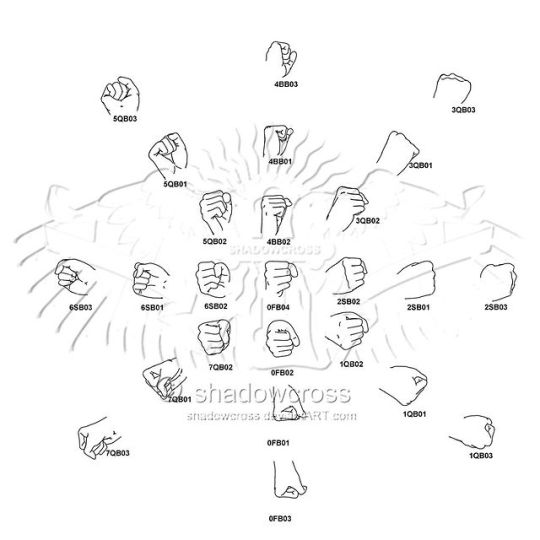


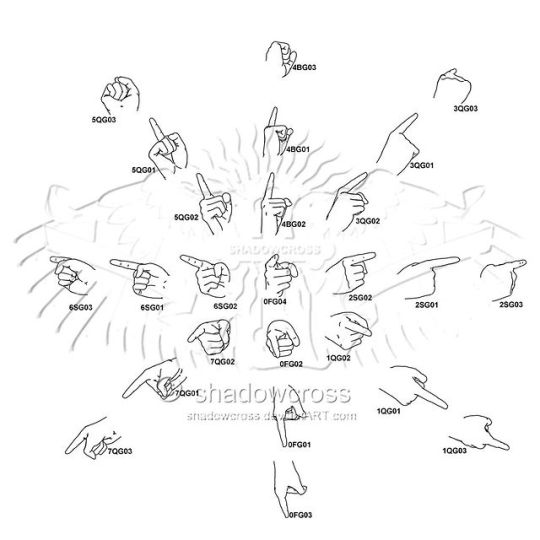
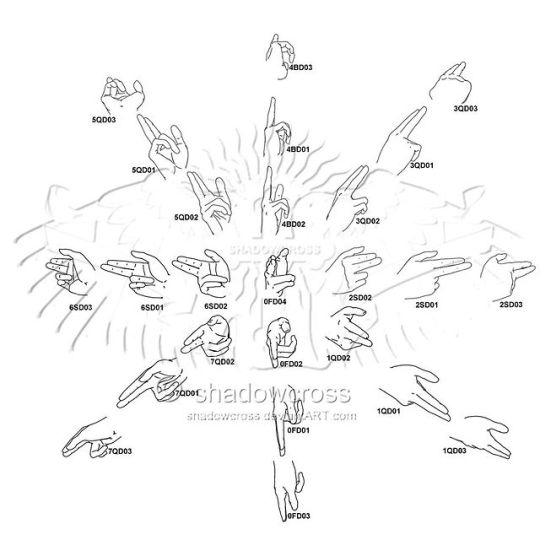
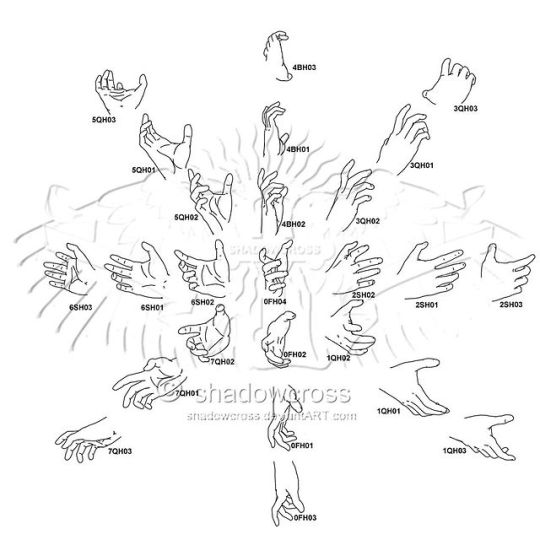

A mouth-watering fuck-ton of hand angle references.
By Shadowcross on DA.
249K notes
·
View notes
Text
There's a huge difference between redemption and humanization. I feel like a lot of "redemption arcs" aren't actually redemption at all, they're just attempts to humanize the villain so that they seem multi-faceted, but people read them as "redemption arcs" and think that that is meant to justify all the evil they've done before and negate whatever made them a villain in the first place. I think true "redemption arcs" are actually kind of rare because true redemption would take making the villain acknowledge their crimes, reevaluate their actions, actively choose to do better, and then proceed to make amends and become a better person, and that would this take more time than most stories are allowed to give their characters.
I've also seen people argue that a character has to be poised for redemption from the jump for it to work because once a character does something "too bad", they can't be redeemed. I completely disagree because redemption isn't justification or forgiveness, so no matter how horrible a character's actions, they could choose to become better, but because a lot of people (including writers) think redemption means "erasing the character's flaws and making it so they did nothing wrong ever", a lot of attempted "redemption arcs" just end up erasing a character's entire history or justifying every evil thing they've ever done. And yeah, in these cases, the only way to make a character go from a villain to a perfect cinnamon roll with no flaws *is* to have been planning it from the beginning and make sure they never do anything that can't be explained away later.
TLDR: real redemption arcs require a lot of self-awareness, patience, and growth, which are things that are rarely actually allocated to villains, and that's why real redemption arcs almost never get executed. The reason people think redemption arcs are overdone is because there are so many attempts to either humanize a villain that get misconstrued as redemption or attempts to blatantly erase who a character was in the name of "redemption", which is really just poor character development.
5K notes
·
View notes
Text
inclusion this, diversity that… why don’t you include yourself in the one holy catholic and apostolic Church through Baptism and experience the diverse gifts of life in Christ
612 notes
·
View notes
Text
LDS, JWs, WMSCG, etc are categorically not Christian groups and shouldn't be called such. They either neglect essential Christian beliefs or warp them to the point that they functionally preach a different Jesus.
That doesn't mean God can't save individuals in those groups despite the confusion and false teachings they perpetuate, but I honestly think it is less loving to let people believe they are secure in those groups as if the doctrines they're being taught aren't dangerous.
We're called to spread the gospel and righteously judge for a reason. That should be done in love, with wise timing, and with care for the truth rather than simply proving ourselves right, but judging righteously is in fact a good thing, and it is what we are called to do in these cases.
162 notes
·
View notes
Text
if they don't affirm the Nicene Creed, they are not Christians. if they claim to be Christians but they don't affirm the Nicene Creed, they are 9 times out of 10 a cult.
689 notes
·
View notes